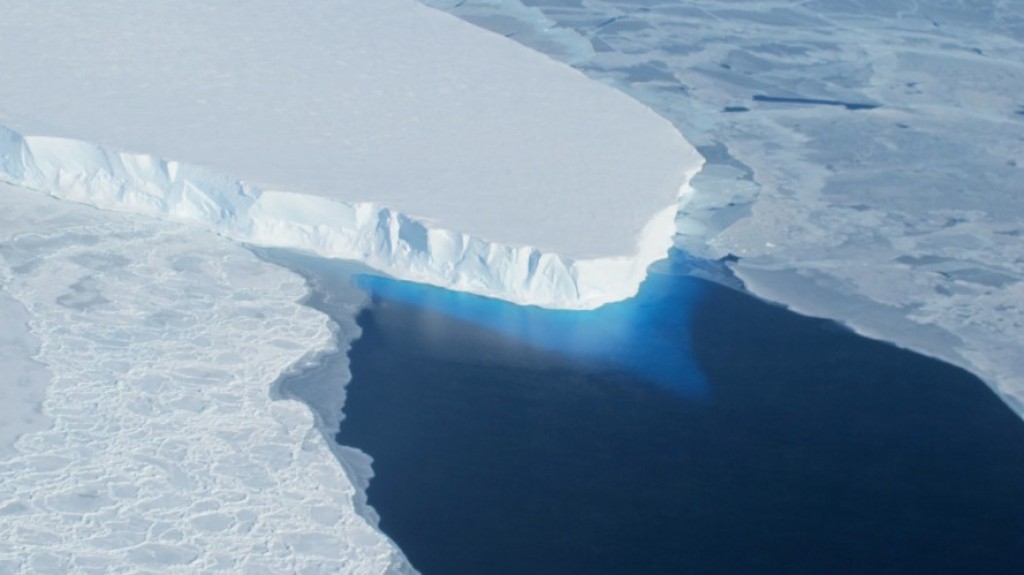RECOMMENDED VIDEOS

Asean IPR (Intellectual Property Rights) SME Helpdesk -…
ASEAN IPR SME Helpdesk

WWF Malaysia : Conservation Projects
WWF-Malaysia

Malaysian Technical Standards Forum Berhad (MTSFB) : Green…
Malaysian Technical Standards Forum Bhd

German Ministry for Economic Affairs and Energy : Promotion…
Enviacon International

G-Energy Global : Energy Efficiency Consultation - Energy…
G-Energy Global Pte Ltd
Related Stories
Bronx community garden transformed with sustainable improvements
The Philippines envisions a green smart city to combat pollution in Manila
Flawed recycling results in dangerous chemicals in black plastic
IE Expo 2018: Asia's Leading Trade Fair for Environmental Technology Solutions
London store recycles 60,000 plastic bottles for 3D-printed interior
05 Nov, 2015

West Antarctica ice will melt completely, it’s just a question of when
Others | ANTARCTICA | 05 Nov, 2015
Published by : Care 2 Trade
We all know that melting glaciers are contributing to rising sea levels worldwide, but so far, that’s been a gradual process. However, the outlook for coastal areas around the globe could get pretty grim in a relatively short amount of time. Antarctica’s Amundsen sea’s glaciers are now unstable, and their continued warming could see the entirety of West Antarctica’s ice melting into the sea. When—not if—that happens, sea levels around the world will rise as much as 10 feet, causing widespread impacts on already fragile ecosystems, not to mention human life itself.
Despite the fact that Antarctica is experiencing net gains of ice, the losses are occurring in particularly fragile areas. Specifically, the West Antarctica Ice Sheet (WAIS) is melting – and fast. The problem is not new and we’ve reported on it in the past but new data reveals the melt is more severe than previously thought. In mid-2014, NASA scientists said that WAIS had passed the point of no return, and the agency predicted the ice sheet wouldn’t survive more than 200 years. Now, a new study confirms the severity of the problem. The scientists who conducted the study, Johannes Feldmann and Anders Levermann of the Potsdam Institute for Climate Impact Research, reported that they were unable to identify a set of circumstances in any model in which the ice sheet could be saved. Let that sink in for a moment.
Researchers on the ground—or on the ice, rather—are working quickly to gather data to correlate the findings of the simulated studies, but nobody involved is optimistic at this point. The cold hard fact is that some of West Antarctica’s glaciers are melting 10 times as fast as their slower-moving counterparts in the Northern hemisphere, and could completely disappear in as little as a few hundred years.
If the WAIS melts completely, sea levels around the world would increase by around 10 feet. That may not sound like a lot, but such a shift could render many coastal cities completely uninhabitable. James Hansen, NASA’s former lead climate scientist, recently penned a report with 16 of the world’s top climate scientists, outlining the effects of such a dramatic swell in ocean levels, and it’s not pretty. Essentially, residents of major coastal cities may want to consider relocating inland, or acquiring a floating survival shelter like this one that might be able to withstand the imminent floods. It’s either that, or we’re going to need a bigger boat.
by Cat Distasio
Article taken from: Inhabitat
